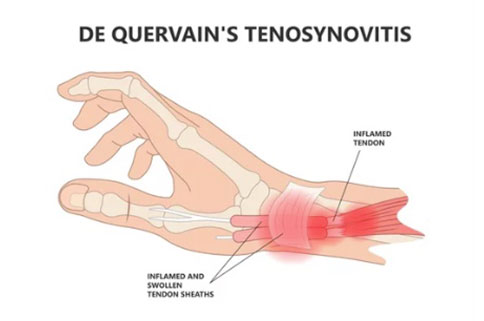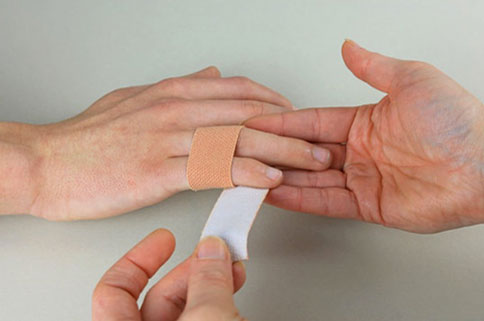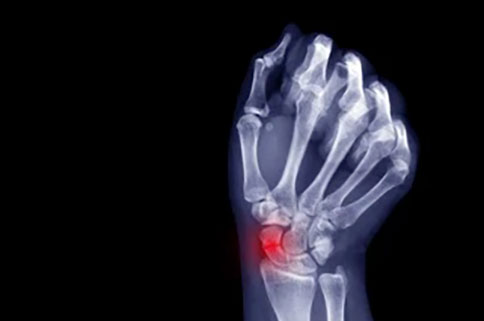
Trigger finger, also known as stenosing tenosynovitis, is a condition that makes your fingers catch, or lock when you bend them. It occurs when a tendon becomes inflamed or irritated, resulting in difficulty moving the affected finger or thumb. It can affect any finger or more than one finger at a time and can be very painful.
The tendons that control the movement of the fingers and thumb run through a series of pulleys or tunnels within the hand. These tunnels keep the tendons in place as they slide back and forth during finger movements. When a tendon becomes inflamed or irritated, it can thicken and become trapped in the tunnel, making it difficult to move the affected finger or thumb. This results in a catching or popping sensation when attempting to move the finger, similar to pulling the trigger of a gun, hence the name “trigger finger.”
Causes of trigger finger
Trigger finger is more common in individuals with certain risk factors, including:
- Repetitive hand motions, such as gripping or grasping
- Certain medical conditions, including rheumatoid arthritis, diabetes, and hypothyroidism
- Being female
- Advanced age
Symptoms of trigger finger
The symptoms of trigger finger may include:
- Pain or discomfort at the base of the affected finger or thumb
- Stiffness or swelling in the finger or thumb
- A popping or clicking sensation when attempting to move the finger or thumb
- A locked or stuck finger or thumb that suddenly snaps back into place
Treatment for trigger finger
Treatment for trigger finger may include:
- Resting the affected hand and avoiding activities that aggravate the condition
- Applying heat or ice to the affected area
- Wearing a splint or brace to immobilize the finger or thumb
- Taking over-the-counter pain medications such as acetaminophen or nonsteroidal anti-inflammatory drugs (NSAIDs)
- Corticosteroid injections to reduce inflammation and swelling
In severe cases, surgery may be necessary to release the trapped tendon and restore finger or thumb function. It is important to remember however, that many conditions can cause hand pain so, a correct diagnosis in consultation with Dr Singh is important in order to determine the best treatment plan for you.
 Christmas Operating Hours
Christmas Operating Hours 



















